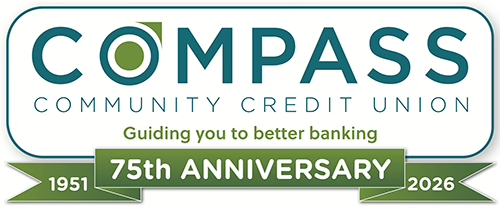We have recently seen an increase in scams and would like to provide you with some tips on how to identify them and what to watch for.
Prize Pitch (Lottery) Scams
The classic prize pitch scam involves victims receiving notification by mail, phone, or e-mail indicating they have won a prize (monetary or other valued items).
However, in order to collect the prize the victim is required to pay various fees or taxes in advance. Victims either never hear from the organization again or receive further requests for money.
Tips:
- Challenge a caller who says you’ve won a prize to tell you where and when you entered. If you didn’t enter, you can’t win.
- Keep track of contests, draws and lotteries you enter.
- If it sounds too good to be true, it probably is.
Watch out for Charity Scams
Fraud artists hope to profit from people’s generosity. Consider the following precautions to make sure your donations benefit the people and organizations you want to assist:
• Be wary of appeals that tug at your heart, especially pleas involving current events.
• Ask for written information about the charity, including name, address and telephone number. A legitimate charity or fund-raiser will give you information about the charity’s mission, how your donation will be used and proof that your contribution is tax deductible.
• Ask the solicitor for the registered charitable tax number of the charity. Question any discrepancies.
• Check out the charity’s financial information. For many organizations, this information can be found online or call them.
• Watch out for similar-sounding names. Some phony charities use names that closely resemble those of respected, legitimate organizations. If you notice a small difference from the name of the charity you intend to deal with, call the organization to check it out.
• Be skeptical if someone thanks you for a pledge you don’t remember making. If you have any doubts about whether you’ve made a pledge or previously contributed, check your records. Be on the alert for invoices claiming you’ve made a pledge. Some unscrupulous solicitors use this approach to get your money.
• Refuse high-pressure appeals. Legitimate fund-raisers won’t push you to give on the spot.
• Be wary of charities offering to send a courier or overnight delivery service to collect your donation immediately.
• Be wary of guaranteed sweepstakes winnings in exchange for a contribution. According to law, you never have to donate anything to be eligible to win.
• Avoid cash gifts. Cash can be lost or stolen. For security and tax record purposes, it’s best to pay by check.
Advance Fee Fraud
Classified advertisements for loan opportunities do not guarantee the legitimacy of a company. Some companies claim they can guarantee you a loan even if you have a bad credit history or no credit rating at all. They usually request an up-front fee of several hundred dollars. If you send your money to these companies, it is unlikely you will get your promised loan and your advance payment will be at risk.
Advance fee loans operating for a criminal purpose generate millions of dollars annually in the U.S. Persons with poor credit ratings are usually the key targets and once the ‘loan processors’ receive your money, they usually disappear.
If you have doubts about the organization, contact the Better Business Bureau for further information.
Most important, do not give out your personal or account information unless you are absolutely sure you know who you are dealing with. If you have any questions or concerns, please call us at 707-443-8662.



